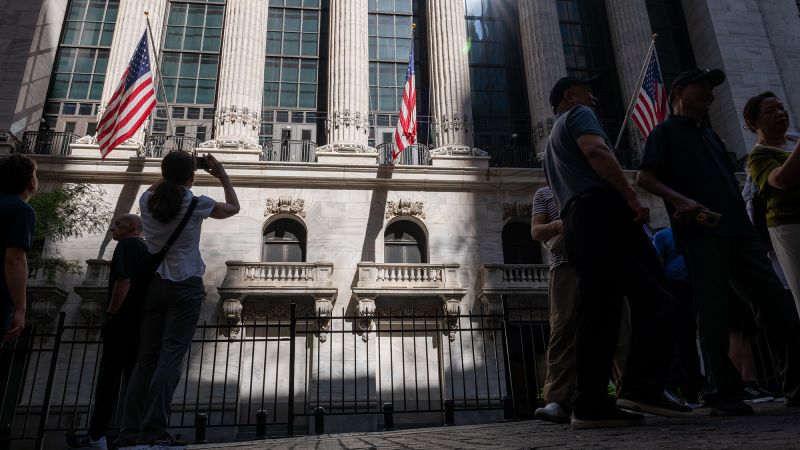A stalemate in Washington could destroy a landmark tax deal, painstakingly hammered out between 140 countries.
Nicole Goodkind is a Senior Reporter at CNN, focused on covering markets and the economy. She writes a daily newsletter on these topics, which readers can subscribe to. Goodkind's reporting has also appeared in a variety of other news outlets, including RealClearMarkets, WRAL, and The Albany Herald, among others.













